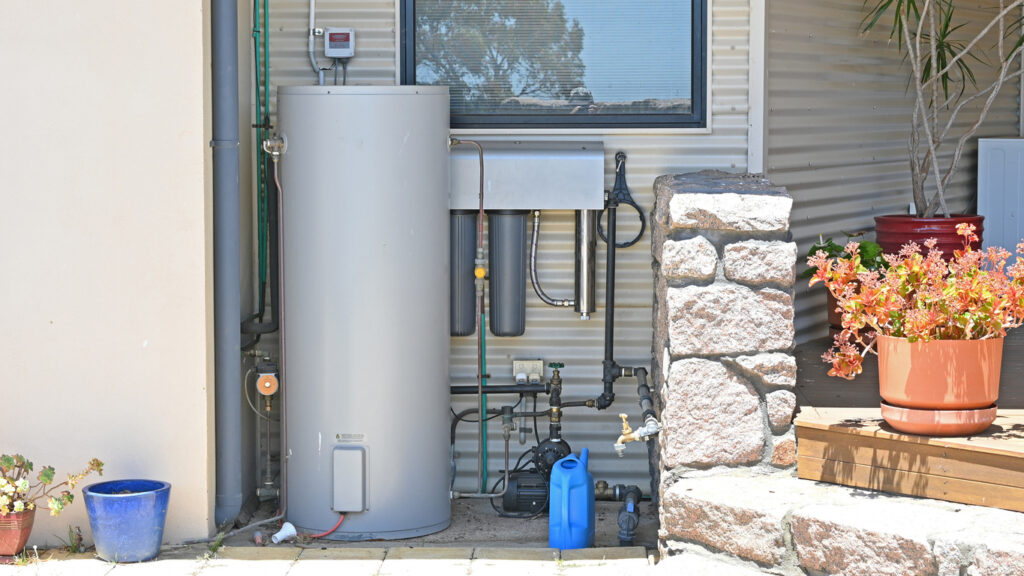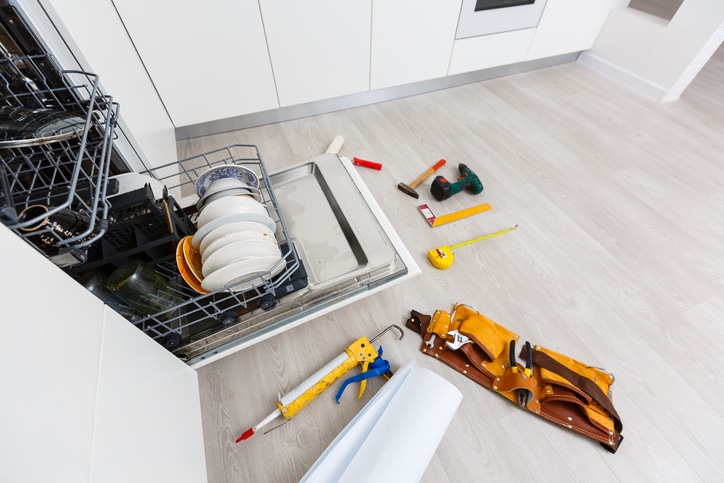
If you’re a homeowner in Dallas, you’re probably no stranger to foundation concerns. North Texas is known for more than just hot summers and unpredictable weather—it’s also known for its volatile clay soil, which plays a major role in one of the most frustrating plumbing problems out there: slab leaks.
At Total Plumbing, we’ve helped countless Dallas homeowners detect and repair slab leaks—and one of the biggest culprits behind them is the very ground their homes are built on. As summer turns into fall, the combination of heat, drought, and shifting soil can silently cause pipes under your foundation to crack, leak, and damage your home.
Let’s explore why this happens and how you can stay ahead of it.
What Is a Slab Leak?
A slab leak occurs when a water line or sewer pipe beneath the concrete foundation of your home becomes damaged and begins leaking. These leaks can happen in both pressurized water lines and drainage pipes and are often difficult to spot until they’ve caused significant damage.
Why Dallas Soil Is a Slab Leak Risk
Dallas—and much of North Texas—is built on expansive clay soil, specifically Houston Black clay. This type of soil absorbs and releases moisture like a sponge, swelling when wet and shrinking when dry. While this is a natural process, it can wreak havoc on your home’s foundation and the plumbing beneath it.
Here’s how it affects your plumbing:
Summer Soil Shrinkage: During hot, dry Dallas summers, clay soil dries out and shrinks significantly. This causes the soil to pull away from your home’s foundation, leading to increased pressure and shifting.
Foundation Movement: As the foundation shifts—even slightly—it can put stress on the water lines and drain pipes running beneath the slab. Over time, this stress leads to cracks and pinhole leaks.
Fall Soil Rehydration: When fall rains arrive, the clay soil reabsorbs water and expands. This sudden movement can further strain or even rupture already weakened pipes beneath the home.
Cycles of Expansion and Contraction: These seasonal changes happen every year, which means homes in Dallas go through constant cycles of ground movement—putting plumbing systems under long-term stress.
Signs You May Have a Slab Leak
Because slab leaks happen under concrete, they’re not always obvious. However, there are some key warning signs Dallas homeowners should watch for, especially in late summer and early fall:
Unusually high water bills with no change in usage
Warm or damp spots on flooring
Cracks in walls, baseboards, or tile flooring
The sound of running water when no fixtures are on
Mold, mildew, or musty smells in carpets or flooring
Low water pressure in faucets and showers
If you notice any of these signs, it’s important to act quickly. A slab leak left unchecked can cause structural damage, mold growth, and costly repairs.
How to Prevent or Catch Slab Leaks Early
While you can’t change the soil your house sits on, you can take steps to minimize risk and catch issues before they become major problems:
Maintain Consistent Soil Moisture Around the Home
Install soaker hoses or use proper landscaping techniques to keep soil around your foundation from drying out too much during hot months.Schedule a Plumbing Inspection in Late Summer or Early Fall
Our team at Total Plumbing can inspect your water lines, check for signs of foundation-related stress, and use advanced tools to locate small leaks before they get worse.Use Leak Detection Technology
Devices like the Moen Flo Smart Water Monitor, which we install, can help you track water usage and detect abnormal flow patterns—alerting you to hidden leaks.Monitor Foundation Movement
Cracks in walls or uneven flooring can be early warning signs of soil movement and potential slab issues.



